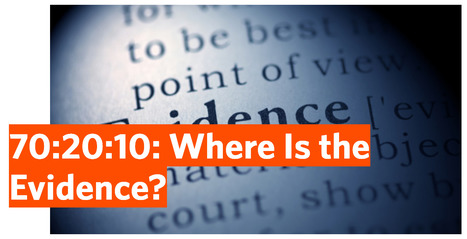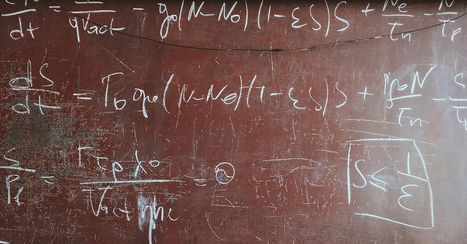The hypothesis about how much learning occurred and where is impossible to test. So, what are we to make of 70:20:10? It is a useful reminder that employees are learning all the time—by observing, by making mistakes, through interactions with others and sometimes through formal course work.
Key findings from Lessons of Experience that should be quoted more often are that “formal coursework, however, was sometimes included by executives as an event that made a significant difference to them” and “coursework that had an impact on the executives seemed to have two things in common: it dealt with a relevant issue, and it occurred at a good time for the manager.”
The right training at the right time can have a significant impact, but whether that is 2 percent or 22 percent is impossible to say—and neither scientific nor terribly useful. As learning professionals we should remember what Gilbert’s Behavioral Engineering Model taught us: Worthy performance is always the interaction of individual capability and environment. Optimizing performance requires attention to both.
Via Edumorfosis



 Your new post is loading...
Your new post is loading...








